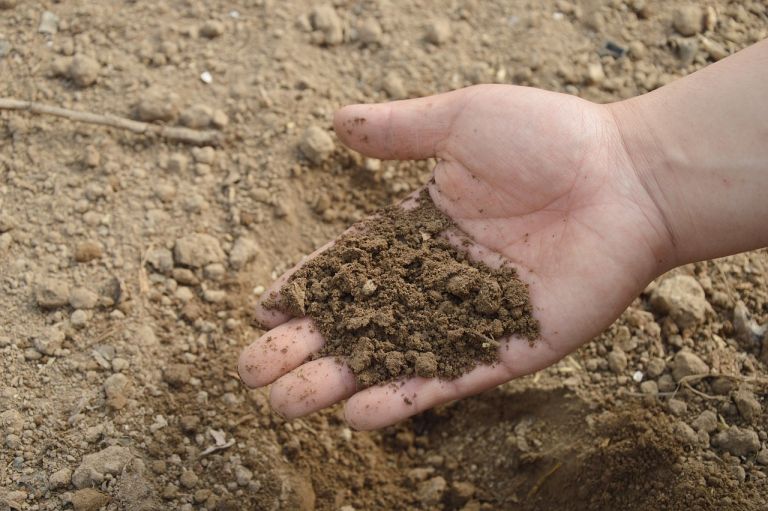
Creating Healthy Soil for Your Garden
Healthy soil is essential for thriving plants. Whether you’re an experienced gardener or a beginner, understanding soil basics is crucial. We’ll explore what constitutes healthy soil, how to assess soil texture, and essential soil amendments.
What Makes Soil Healthy?
Healthy garden soil provides plant roots with nutrients, water, and air. It balances drainage and moisture retention, avoiding extremes. Topsoil, rich in earthworms and beneficial organisms, plays a vital role. Organic matter decomposes, creating humus, while subsoil, though nutrient-rich, isn’t as root-friendly. Improving topsoil is key to plant health.
Essential Soil Amendments
To enhance soil quality, consider these amendments:
1. Compost:
-
- Made from garden trimmings and easy to produce.
-
- Lightens landfills and benefits your garden.
-
- Available at garden centers or make your own.
2. Manure:
-
- Rich in nutrients (use composted manure).
-
- Avoid fresh manure due to soluble salts.
-
- Opt for cow manure—nutrient-balanced and odor-free.
Preparing Your Soil for Optimal Plant Growth
1. Soil Preparation:
-
- Dampen soil, allow it to dry, and avoid extreme wetness or dryness.
-
- Dig to a 10-inch depth, break clods, and remove debris.
-
- Incorporate fertilizer into the topsoil as indicated on the label.
2. Improving Drainage:
-
- Poor drainage hinders root access to air and beneficial organisms.
-
- Add organic matter or regrade the area to enhance drainage.
-
- Raised beds with good soil can address drainage issues.
3. Checking Soil pH:
-
- Most plants thrive at a pH of 5 to 7.2 (neutral at 7).
-
- Acidic soils (common in Southeast and East Texas) pose challenges.
-
- Alkaline soils (found in Texas and Oklahoma) suit specific plants.
-
- The health of plants can be affected by salty soils near coastal areas or due to excessive fertilizer use.
4. Testing and Adjusting Soil:
-
- Use a test kit or lab analysis to determine soil pH.
-
- Raise pH with lime for acidic soil; lower it with sulfur for alkaline soil.
-
- Combat salty soil by adding organic matter and periodic flooding.
Remember, healthy plants start with well-prepared soil. Bookmark this guide for future reference and cultivate a thriving garden!


